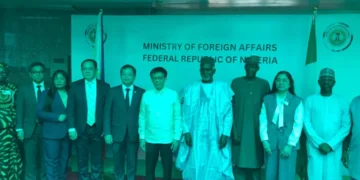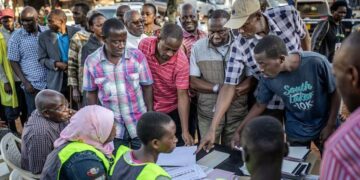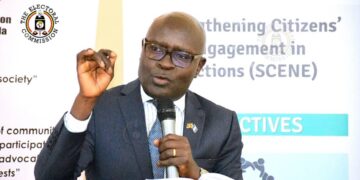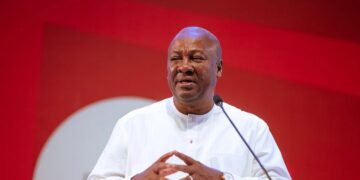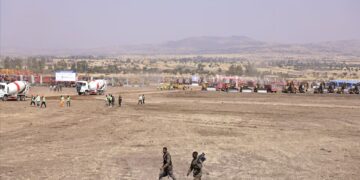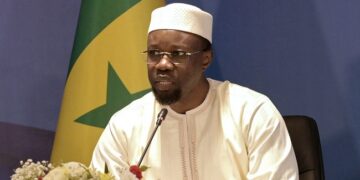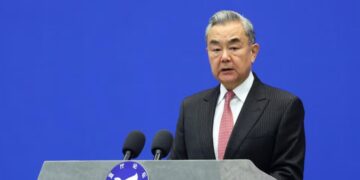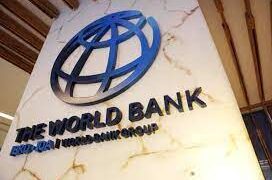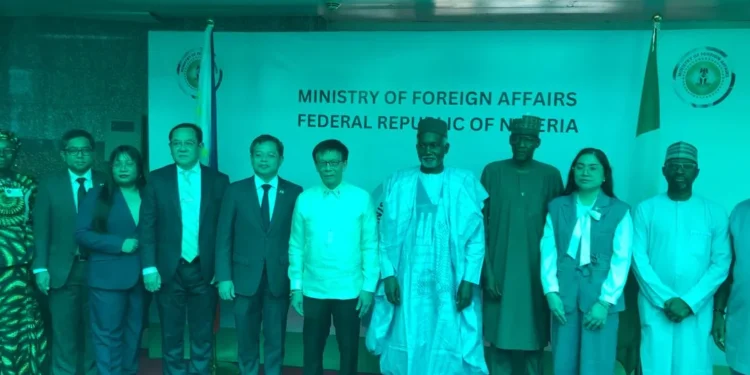By Ebi Kesiena
Nigeria and the Philippines are charting a new path in bilateral cooperation that places the protection, dignity, and empowerment of migrant workers at the center of labour and migration diplomacy.
The move underscores both nations’ shared commitment to fair recruitment practices, skills development, and ensuring that migration serves as a driver of socio-economic growth rather than exploitation.
At a high-level meeting in Abuja, the two countries outlined strategies to align labour policies, enhance data-sharing systems, and establish structured mechanisms for managing labour migration. The talks also focused on skill certification, migrant reintegration, and creating safeguards that guarantee workers’ rights abroad.
Philippines Secretary for Migrant Workers, Hans Leo Cacdac, praised Nigeria’s openness to collaboration, stressing the importance of mutual learning to strengthen labour systems. He reaffirmed the Philippines’ commitment to a people-centered partnership built on trust, shared experiences, and respect for national sovereignty.
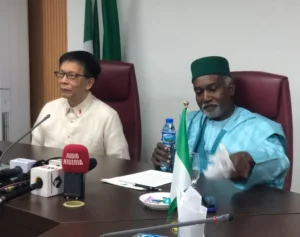
One of the key highlights was the announcement of plans to establish a Philippines Migrant Workers Office in Abuja. The office, once operational, is expected to institutionalize the Philippines’ presence in Nigeria’s labour affairs and enhance direct engagement with Nigerian institutions.
Both countries agreed to expand skill exchange programmes and invest in human capital, positioning their cooperation as a potential model for labour diplomacy within the Global South. Officials emphasized that such development-oriented migration partnerships can succeed when anchored on respect, fairness, and mutual prosperity.
On his part, Nigeria’s Foreign Minister, Ambassador Yusuf Tuggar, assured that agreements between both nations would soon be formalized. Reflecting on the historic ties between Nigeria and the Philippines, Tuggar recalled the strong educational and professional imprint of Filipinos in Nigeria, particularly in teaching, aviation, and maritime industries.
He further emphasized Nigeria’s growing youth population as a vital human resource at a time when the global economy faces shortages of skilled workers. “What we are doing is to ensure that when our workers travel abroad to work, they are treated with respect and dignity,” he noted.
However, as the talks concluded, officials from both sides agreed that this new phase of Nigeria-Philippines relations would go beyond formal diplomacy to ensure the dignity, mobility, and empowerment of their citizens remain the foundation of migration cooperation.
